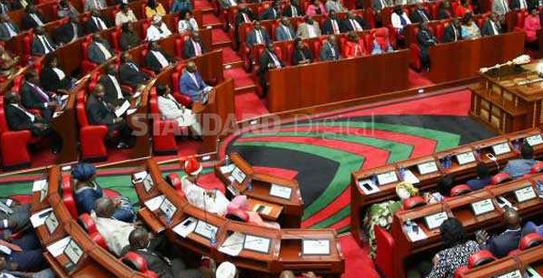×
The Standard e-Paper
Stay Informed, Even Offline

NAIROBI, KENYA: The civil society group in clean energy sector wants a proposal to introduce a tax on solar and cookstoves products in Kenya be dropped at least for the time being.
Speaking at a Webinar convened by the Alliance for Civil Society Organizations for Clean Energy Access (ACCESS), the experts argue that the proposal would significantly water down gains towards access to modern energy for all.